Your shopping cart is currently empty.
Method Books
- Method Books for Band
- Method Books for Fretted Instruments
- Method Books for Keyboards
- Method Books for Orchestra
-
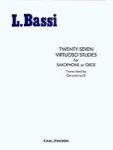 Twenty-Seven Virtuoso Studies For Saxophone Or Obo O61Twenty-Seven Virtuoso Studies (For Saxophone or Oboe). By Luigi Bassi (1766-1825). For Saxophone, Oboe. Softcover. Standard notation. 67 pages. Published by Carl Fischer (CF.O61).Price: $18.99
Twenty-Seven Virtuoso Studies For Saxophone Or Obo O61Twenty-Seven Virtuoso Studies (For Saxophone or Oboe). By Luigi Bassi (1766-1825). For Saxophone, Oboe. Softcover. Standard notation. 67 pages. Published by Carl Fischer (CF.O61).Price: $18.99 -
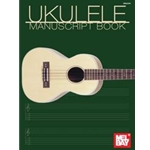 Price: $6.99
Price: $6.99 -
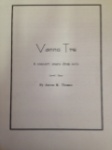 Vanno Tre ATCS2A concert snare drum soloPrice: $2.50
Vanno Tre ATCS2A concert snare drum soloPrice: $2.50 -
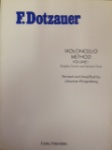 Violoncello Method Vol 1 03674Violoncello Method Vol 1Price: $10.95
Violoncello Method Vol 1 03674Violoncello Method Vol 1Price: $10.95 -
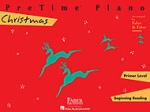 PreTime Piano Christmas FF1015Piano Adventures has set a new standard for a new century of piano teaching. It is fast becoming the method of choice at leading university pedagogy programs and major teaching studios around the world. But more importantly, Piano Adventures is bringing smiles to the faces of thousands of piano students. It can do the same for your students.Price: $5.50
PreTime Piano Christmas FF1015Piano Adventures has set a new standard for a new century of piano teaching. It is fast becoming the method of choice at leading university pedagogy programs and major teaching studios around the world. But more importantly, Piano Adventures is bringing smiles to the faces of thousands of piano students. It can do the same for your students.Price: $5.50
